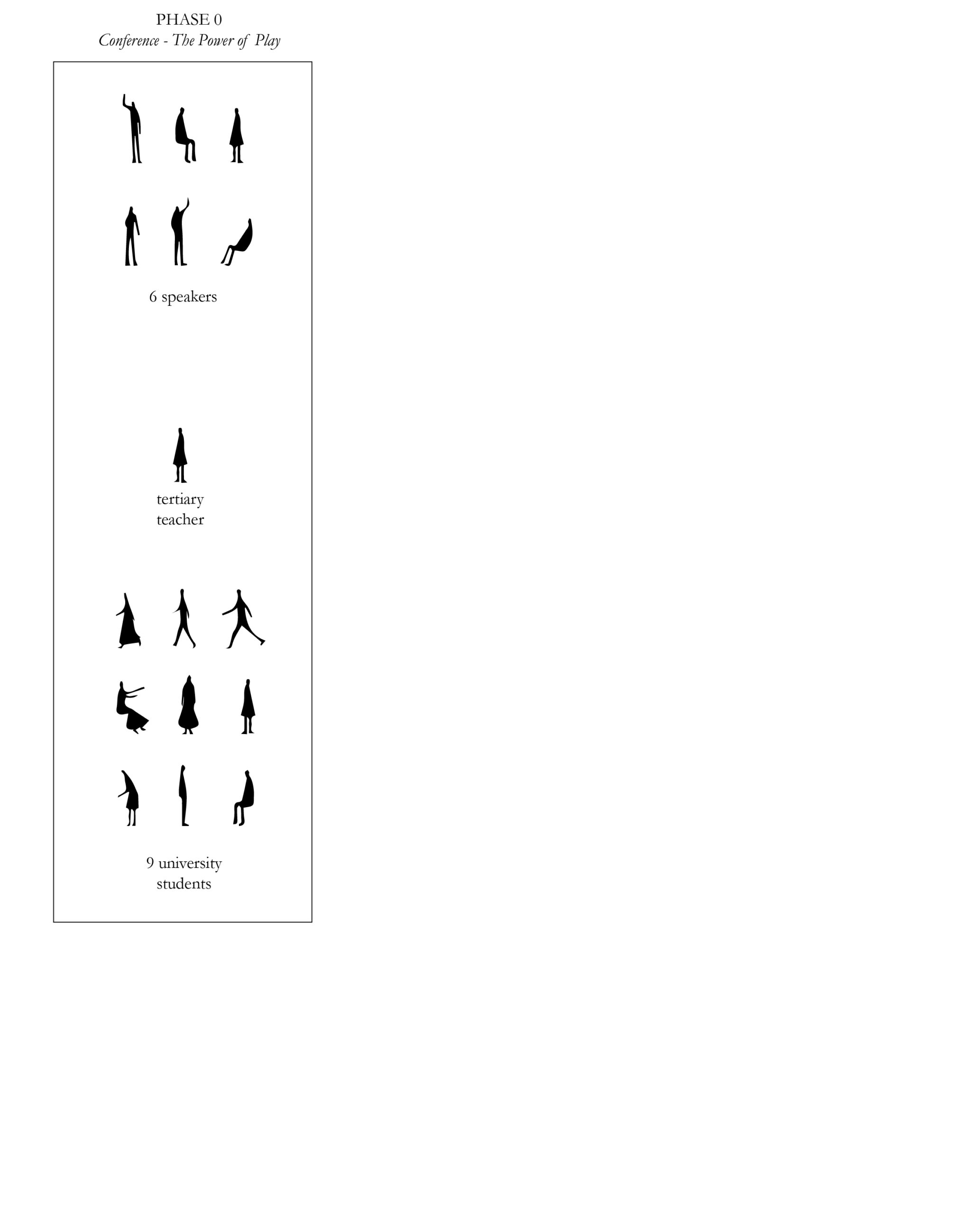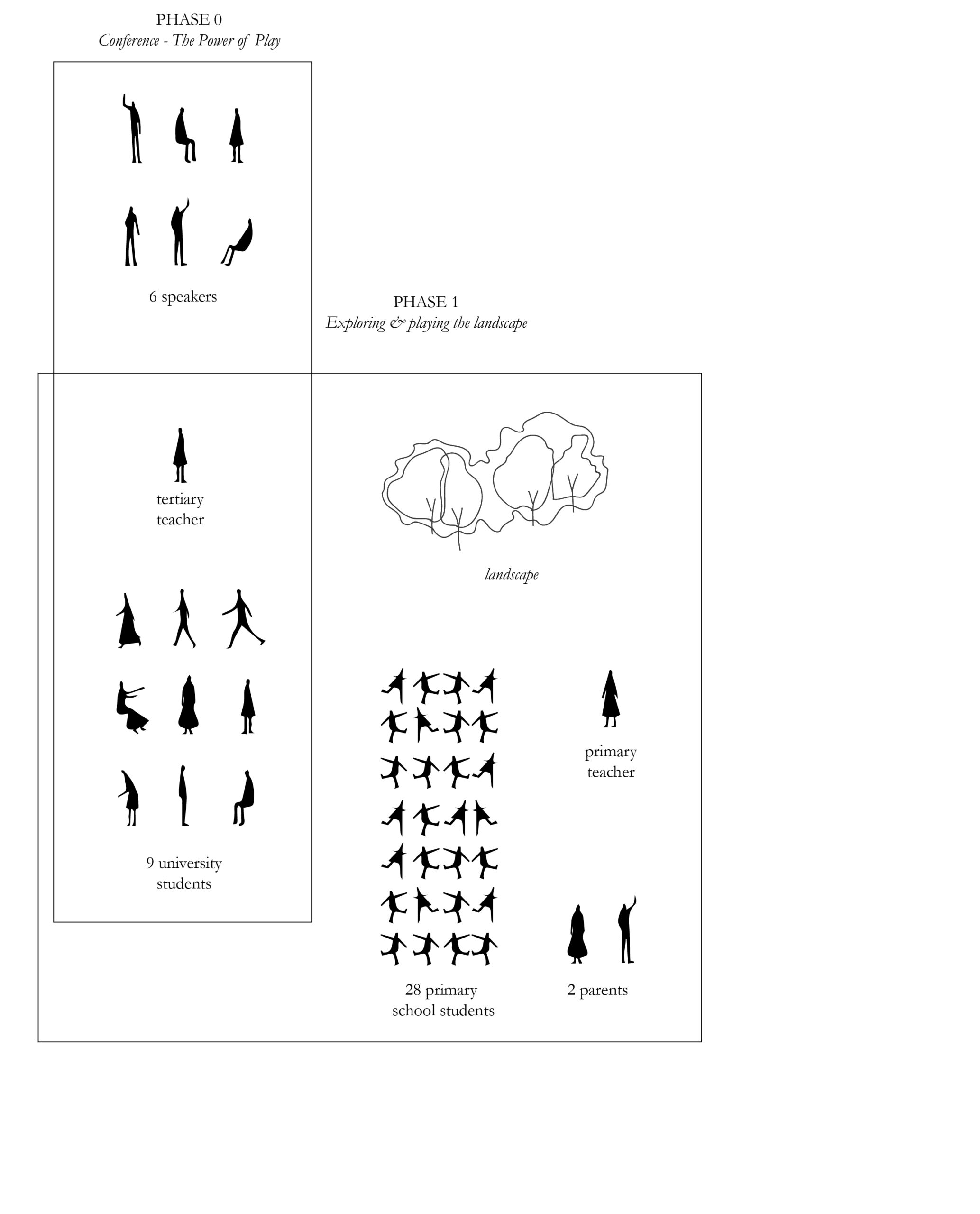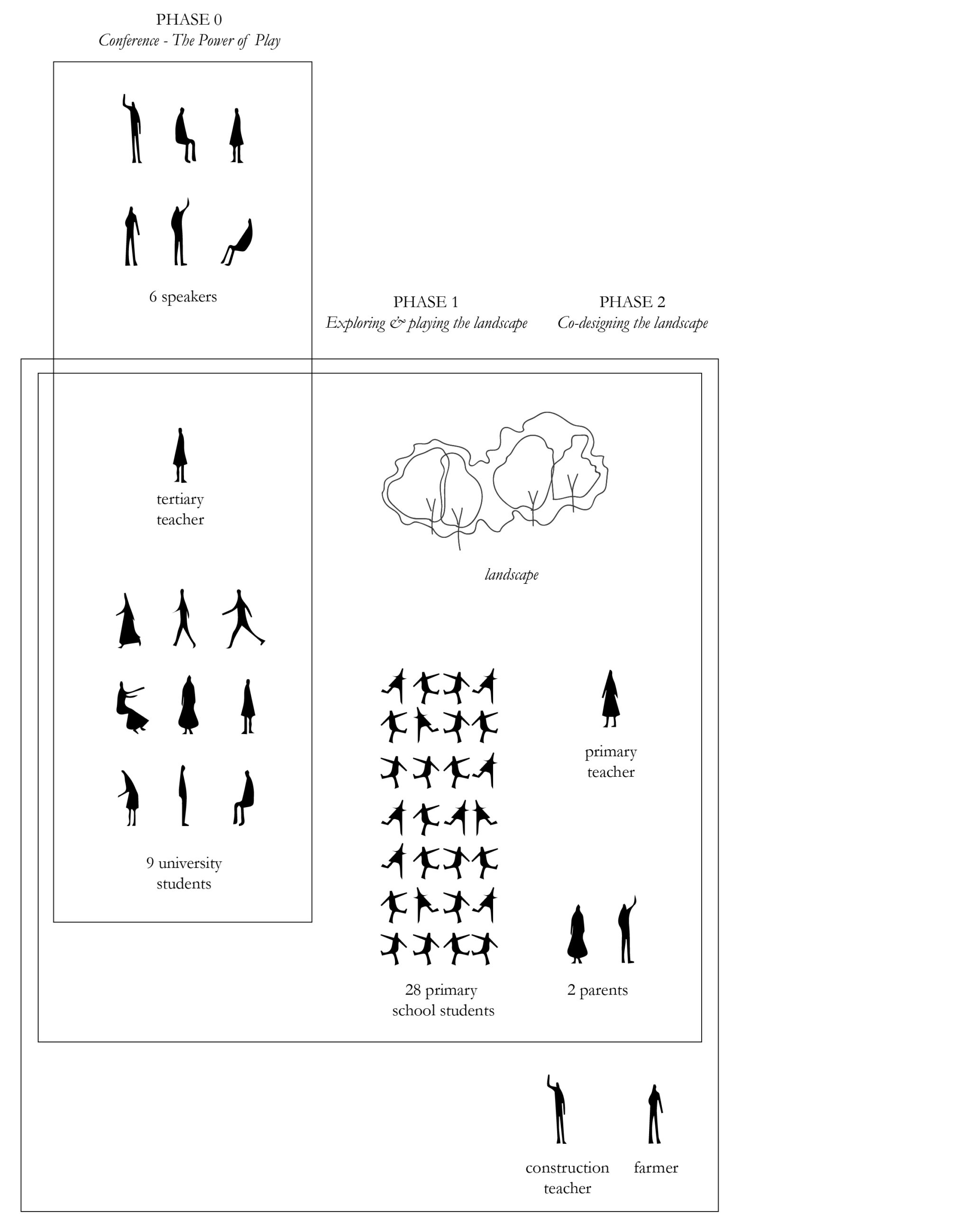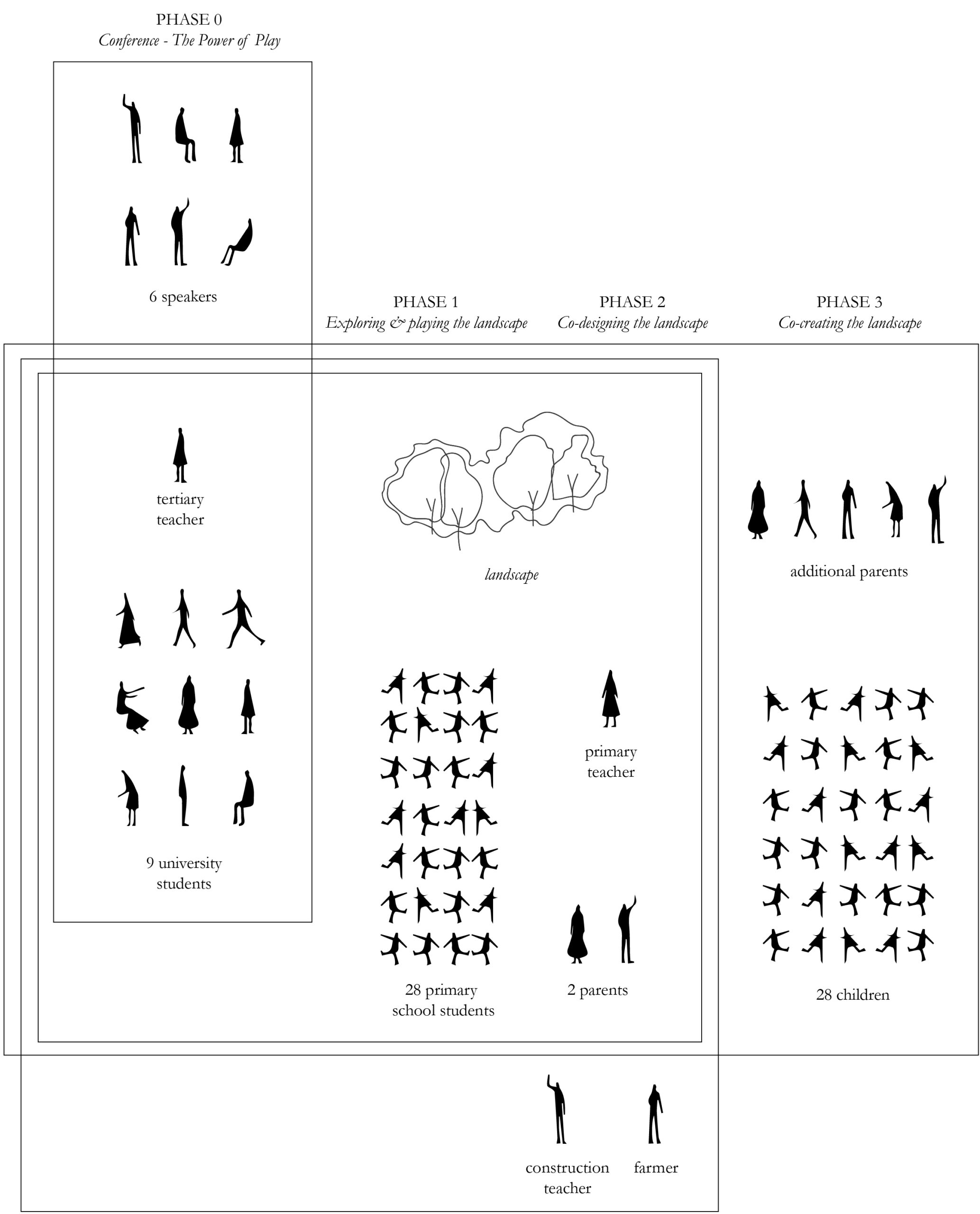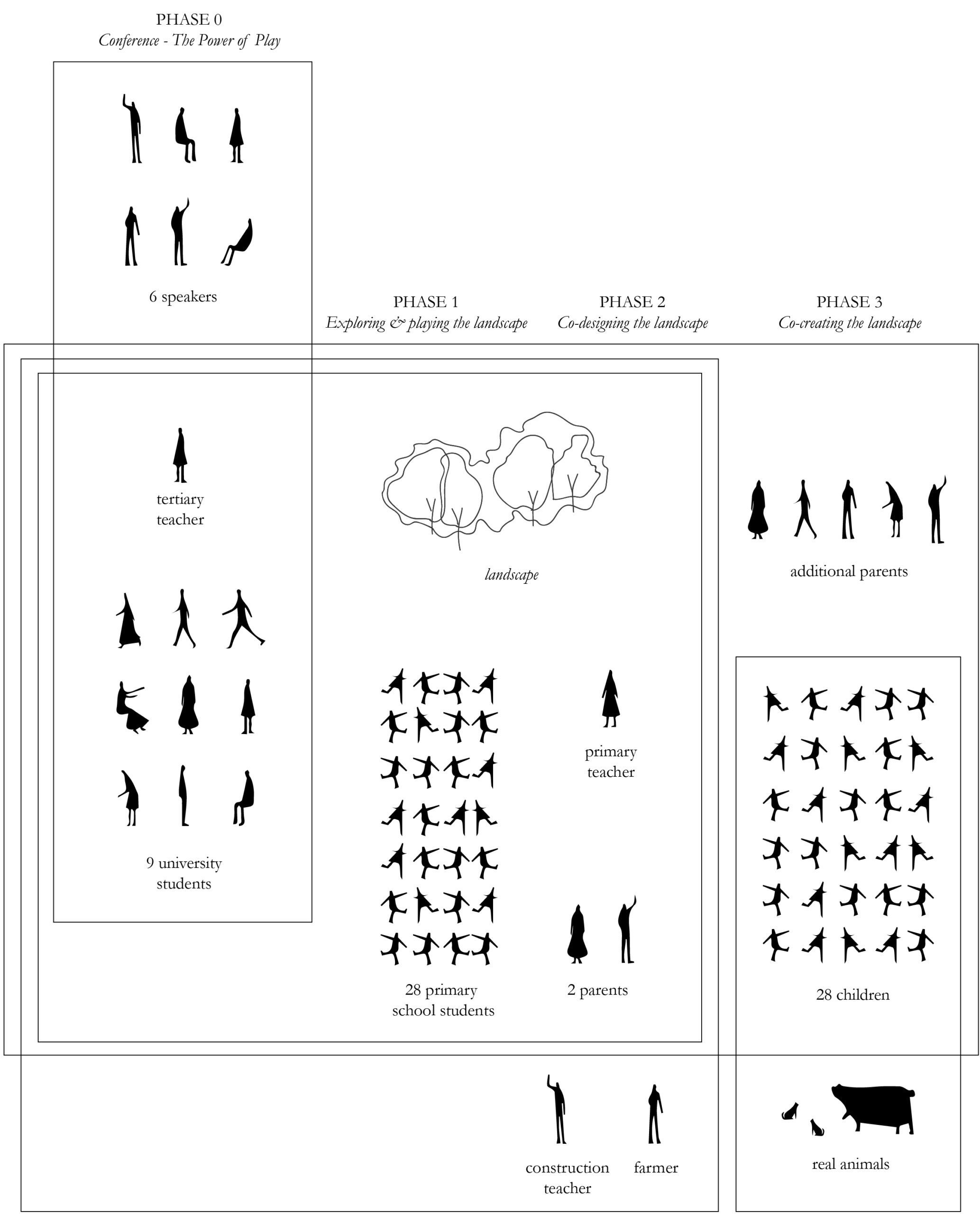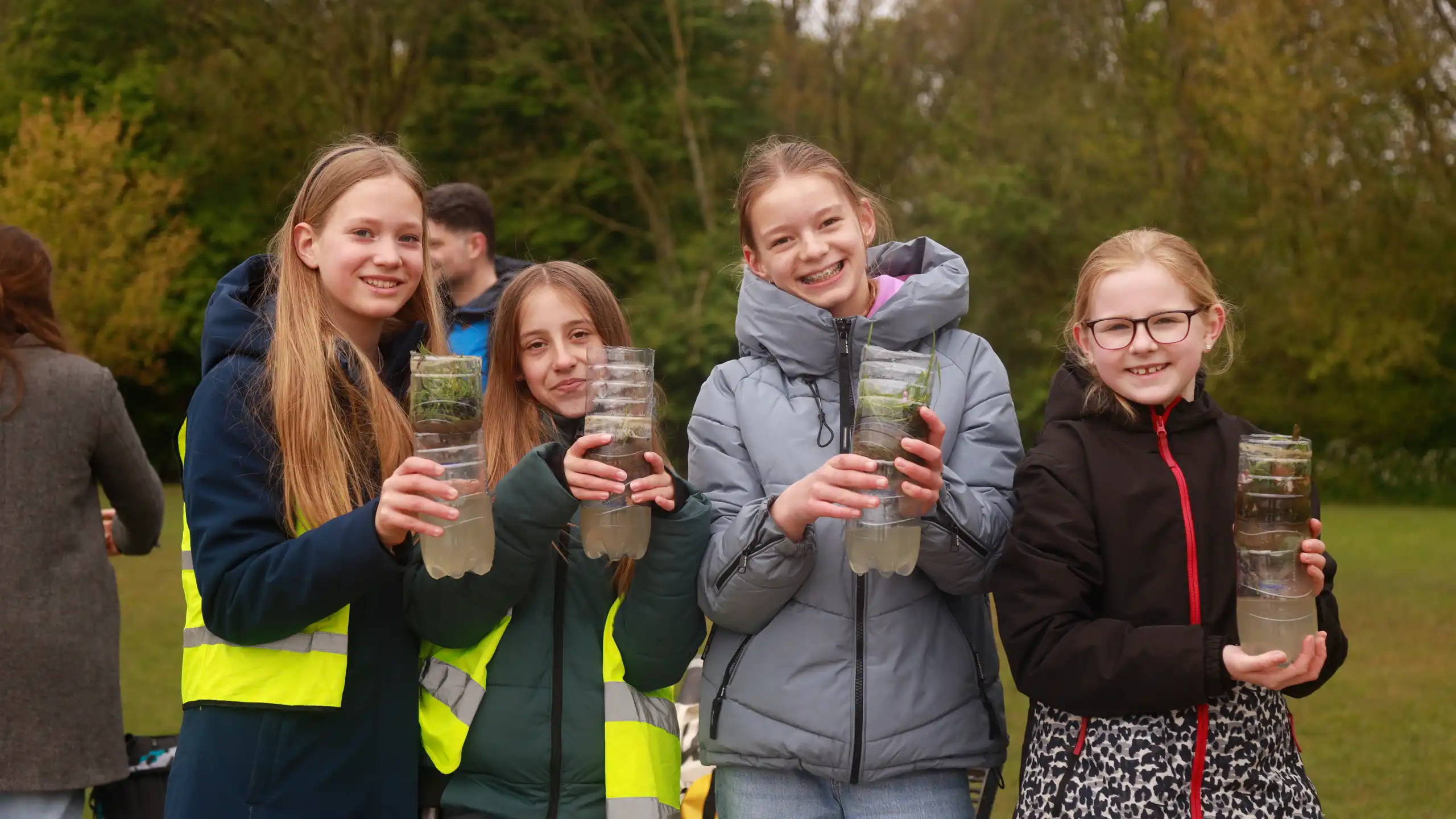
Today’s new generations, especially young people, will face consistent landscape changes throughout their lives. Can we raise their awareness of how climate change will alter landscapes and cities? Can we engage children and university students in co-designing the landscape with climate change in mind? Can we create new educational methods and co-designed strategies for primary and tertiary education?
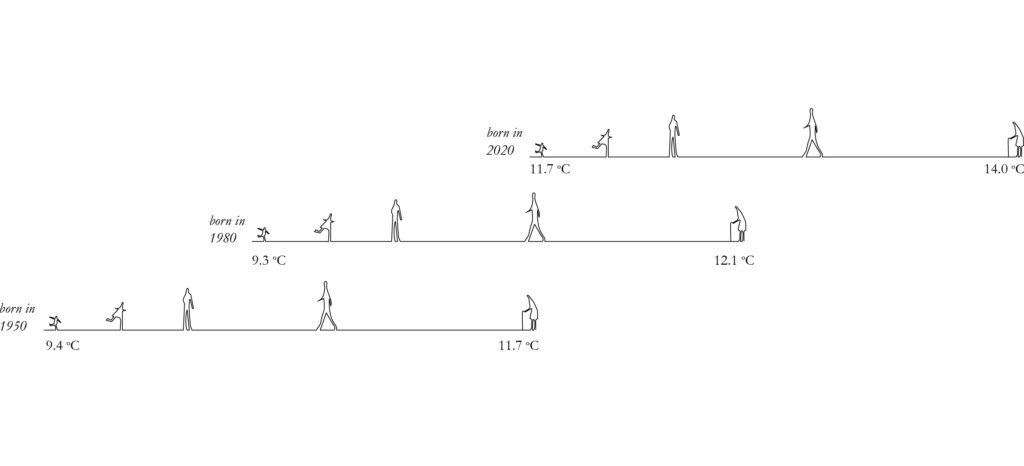
This website presents the results of the Comenius Fellowship for didactical and pedagogical innovation—an invitation to act collectively to save our planet and to cultivate a positive attitude, along with emotional and artistic knowledge in connection with nature, to address the climate transition.
By exploring various forms of play, the project aims to educate and engage younger generations on climate change issues. The game serves as a tool through which students can gain knowledge, observe the world from different viewpoints, and ultimately envision and transform the future. Games are ‘designed experiences’ that allow players to learn through doing and being rather than merely absorbing information in traditional educational settings. By taking on different roles and perspectives, the educational experience of play invokes emotions that foster new awareness, develop a deeper understanding of the future, and support decision-making.
In the project, students from landscape, architecture, and urban disciplines examined the past, present, and future of an assigned landscape, integrating play, design, and climate change concepts. Subsequently, the students became ‘agents of change,’ involving children in co-designing and co-creating a collective outdoor climate play/art installation on-site.
The course is mainly divided into three phases and one introductory conference:
0. ‘The Power of Play’ Conference;
1. Exploring and Playing the Landscape;
2. (Co)Designing the Landscape;
3. (Co)creating the Landscape.
Each phase is alternately led by landscape architecture students (Phase 1), urban design students (Phase 2), and architecture students (Phase 3), and includes a workshop with children.
